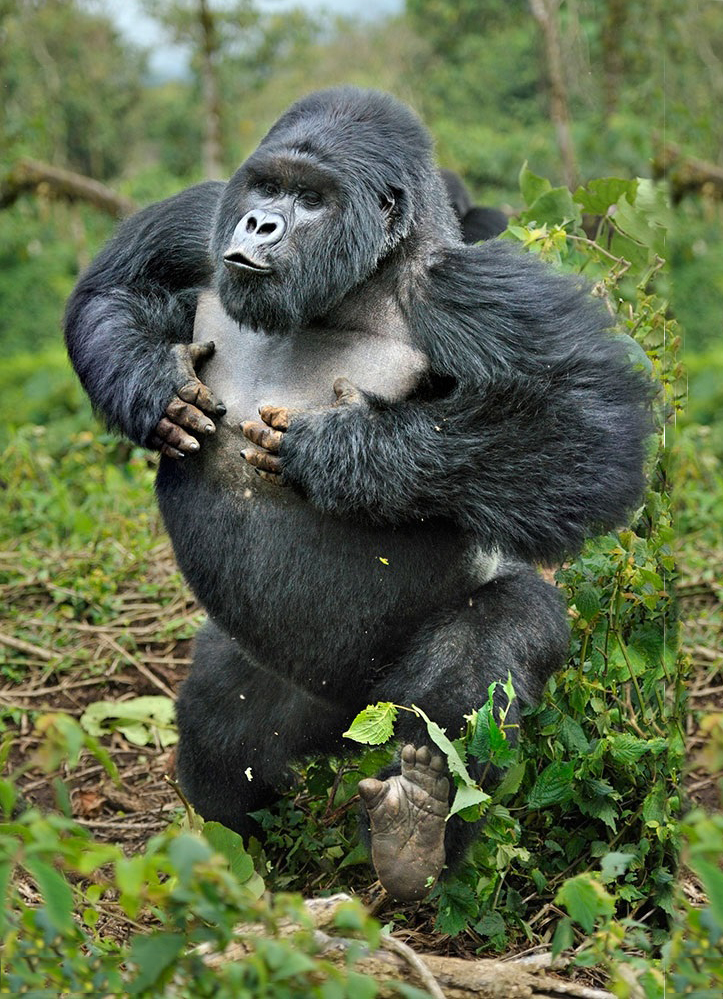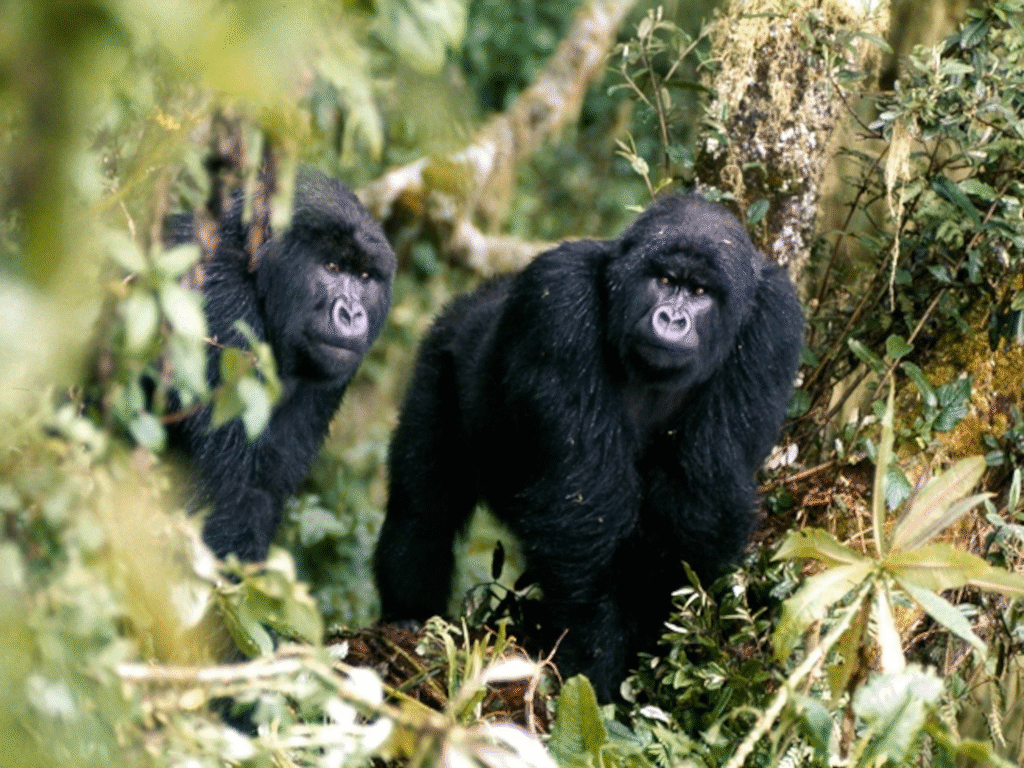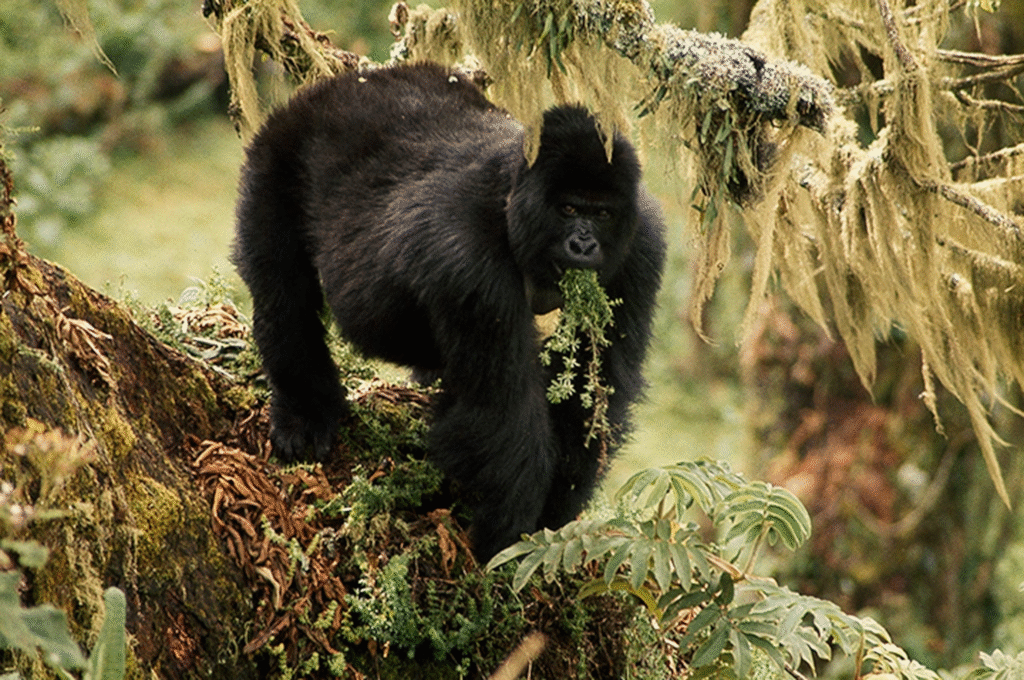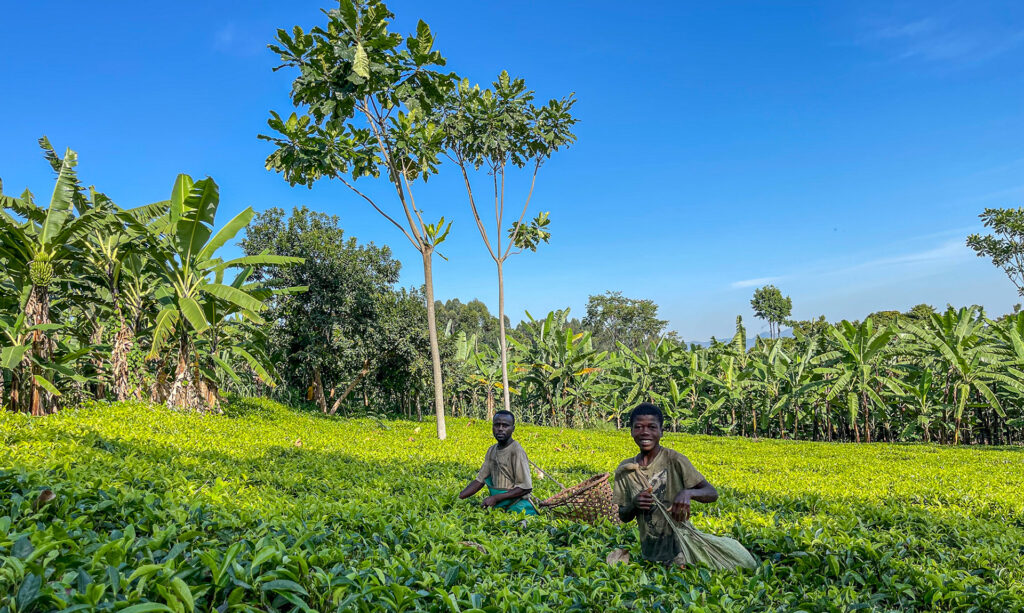Where the soul of the forest whispers in the mist
Uganda’s culture is a deep-rooted expression of its people’s values, identity, and connection to ancestry. Across its regions, from the hills of the southwest to the plains of the north, cultural traditions shape the rhythm of everyday life. Ceremonies are not just events—they are milestones, marking birth, marriage, harvest, and rites of passage with music, dance, storytelling, and symbolic rituals. Every tribe contributes its own unique customs and ways of honoring life’s moments, creating a diverse cultural mosaic held together by a shared sense of community and respect. Traditional leadership, clan systems, and ancestral worship continue to hold influence, especially in rural areas where customs are upheld as sacred heritage.
Today, Uganda stands at a cultural crossroads—modern cities pulse with global trends while villages still move to the tempo of drumbeats and folklore. Young generations are blending the old with the new, celebrating cultural festivals, preserving indigenous languages, and embracing art forms that fuse tradition with contemporary voice. Yet even as modernity evolves, Uganda’s cultural foundations remain firm. They are seen in how people greet one another, prepare food, raise children, and relate to nature and spirit. Uganda’s traditions are not fading relics of the past—they are living, breathing parts of a nation that proudly carries its heritage forward.
So lace up your boots, grab your camera, and prepare to meet the wild — this is where your gorilla trekking dreams and unforgettable safari adventures truly begin.
Truly Iconic Highlights in Uganda
Trek through Bwindi’s mystical rainforest and meet the endangered mountain gorillas in their breathtaking natural home.
Encounter mountain gorillas and golden monkeys on Mgahinga’s misty volcanic trails, where culture and alpine wildlife thrive together.
Unwind after your trek with a peaceful canoe ride across Lake Bunyonyi, Uganda’s most tranquil and scenic highland lake.
Enhance your gorilla trekking safari with an optional chimpanzee encounter in Uganda’s lush forests, adding depth and diversity to your primate adventure
Uganda’s Culture and Traditions: The Living Soul of the Pearl of Africa
Uganda is not just a land of wildlife, waterfalls, and mountain peaks—it is a country where culture breathes in every drumbeat, every handshake, and every sunrise prayer. Beyond its scenic landscapes lies a deeply rooted way of life shaped by centuries of customs, oral histories, royal legacies, and spiritual beliefs. In Uganda, tradition isn’t just remembered—it is lived. Whether in the elaborate rituals of marriage, the carefully prepared local dishes, or the respect shown to elders, the culture of Uganda flows from generation to generation like an unbroken river. It is one of the most vibrant in East Africa, molded by over 50 ethnic groups, each adding its own rhythm, colors, and stories to the national identity.
To understand Uganda is to witness how tradition still anchors daily life even as the country strides into modernity. You’ll find it in the vibrant ceremonies of kingdoms like Buganda and Bunyoro, in the sacred dances of the Acholi, in the music echoing from rural villages, and in the way families pass down names, wisdom, and roles. Uganda’s culture is a powerful force—a bridge between the past and the present that teaches, binds, and unites.
Traditional Practices and Values: The Heart of Community Life
Across Uganda, cultural practices are built around community, respect, and the interconnectedness of family and clan. Elders are not just aged figures—they are respected keepers of wisdom and morality. Children are taught early to greet with humility, to sit low when speaking to their elders, and to honor their lineage. Marriage ceremonies are particularly rich with tradition—especially the kwanjula (traditional introduction ceremony) among the Baganda—where families negotiate, celebrate, and formally unite through gifts, songs, and rituals that carry ancestral importance.
Many Ugandan societies are clan-based, meaning that identity, marriage rules, and kinship are all shaped by clan affiliations. These clans—often symbolized by totems such as animals or natural features—govern social behavior and ensure that cultural boundaries are respected. For example, it is taboo in many tribes to marry within one’s own clan, a rule meant to preserve social harmony and unity. Traditional leadership, too, plays a vital role in maintaining cultural law and moral guidance. Kings, chiefs, and clan elders still hold ceremonial and spiritual power in many regions, even as Uganda functions under a modern democratic government.
Ugandans also have a strong oral tradition, where storytelling, proverbs, and riddles are central to cultural education. These tales not only entertain but pass on values such as honesty, courage, generosity, and communal responsibility. Around evening fires, grandparents become teachers, and children absorb cultural memory the way a forest drinks rain—quietly but deeply.
Music, Dance, and Art: The Language of the People
Ugandan music and dance are not merely performances—they are expressions of history, celebration, healing, and spiritual connection. Every ethnic group has its own traditional instruments, rhythms, and dance styles. The entenga drums of the Buganda royal court, the agwara trumpets of the Alur, the larakaraka courtship dances of the Acholi, and the ekizino warrior dances of the Bakiga each represent a deep cultural signature. Music in Uganda accompanies birth, initiation, courtship, harvest, mourning, and victory. Even today, these traditional sounds influence contemporary Ugandan genres like Kadongo Kamu and Afrobeat.
Visual arts, too, play a strong role in cultural storytelling. Basket weaving, bark cloth making, wood carving, and pottery have been passed down as both daily craft and ceremonial art. The making of bark cloth—especially among the Baganda—is considered a UNESCO-recognized tradition, where fig tree bark is carefully harvested and beaten into soft, reddish fabric used in spiritual and royal functions. These creations are more than decorative—they carry the soul of a people.
Today, many Ugandan artists blend traditional techniques with modern themes, expressing everything from political commentary to celebrations of heritage. Cultural centers, museums, and festivals across the country are helping revive and preserve these creative traditions, ensuring that Ugandan culture continues to evolve without forgetting its roots.
Spiritual Beliefs and Cultural Identity
Ugandan traditional belief systems are deeply tied to nature, ancestors, and the spiritual world. Long before the arrival of Christianity and Islam, most communities believed in a supreme creator, alongside ancestral spirits who continued to influence the world of the living. Sacred forests, rivers, and hills were places of worship, and spiritual mediums or diviners played an important role in guiding communities through rituals, healing, and decision-making.
While today the majority of Ugandans identify as either Christian or Muslim, traditional beliefs continue to live on—often alongside newer faiths. Many people still pour libations, offer sacrifices, or seek spiritual cleansing through indigenous rites, especially during times of illness or family transitions. These beliefs are not necessarily in conflict with modern religion—in many places, they have merged into a dual spiritual identity that honors both ancient and contemporary faith.
Cultural identity in Uganda is therefore not static. It is constantly negotiated—through religion, language, art, and politics—but it remains deeply rooted in heritage. Ugandans take pride in their customs and often pass them on with quiet confidence, even as urban lifestyles and global culture push in. Traditional dress, such as the gomesi, kanzu, or suuka, still appears at weddings, funerals, and festivals. Ritual foods—like matooke, malewa, and eshabwe—continue to be symbols of home and heritage.
More Information About Uganda to Know.
Uganda is a culturally rich and naturally diverse country, home to vibrant traditions, stunning landscapes, and welcoming people. From its deep history to its thriving wildlife and modern identity, Uganda truly stands as the Pearl of Africa.
In the Realm of Giants – Bwindi & Mgahinga in Frames.
Wander through an elegant gallery capturing Uganda’s most exclusive gorilla sanctuaries, where ancient forests cradle the last mountain gorillas in a world of mist, mystery, and majesty.
Essential Planning Tips for Visiting Uganda’s National Parks.
Get ready for the wild heart of Africa with expert travel tips on when to visit, what to pack, where to go, and how to make the most of your safari across Uganda’s breathtaking national parks.
Why Uganda for Gorilla Trekking?
Uganda is not just a destination — it's the very soul of gorilla trekking. With over half of the world’s remaining mountain gorillas calling its misty forests home, Uganda offers the rarest encounters in their most authentic setting. Here, your journey is not rushed or crowded. Instead, you’re guided by experienced rangers through pristine jungles where gorillas live as they always have — wild, free, and magnificent
From insider travel insights to unforgettable trekking guides, our blog is your trusted path into Uganda’s wild heart — connecting you with mountain gorillas, breathtaking landscapes, and the soul-stirring adventures that make this land unlike any other.






